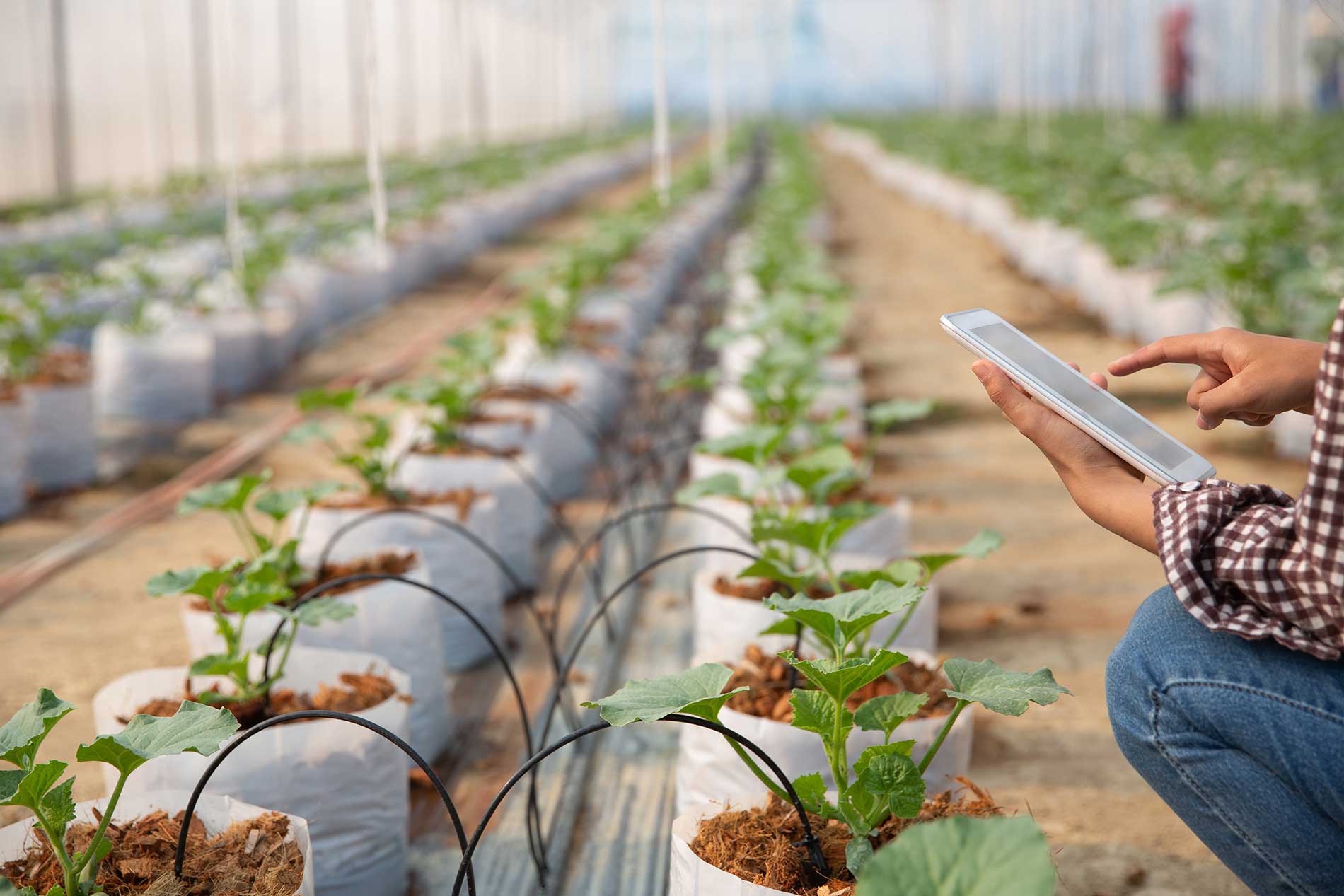Agriculture is the backbone of many Caribbean economies, supporting livelihoods, contributing to food security, and driving export earnings. However, challenges such as unpredictable weather patterns, pest infestations, and soil degradation make it increasingly difficult for farmers to achieve optimal yields. In recent years, the integration of Artificial Intelligence (AI) and drones has emerged as a revolutionary solution to address these challenges and transform agricultural practices in the region. These technologies are not only improving crop monitoring but also boosting yields in ways that were previously unimaginable.
AI-Powered Insights Revolutionize Crop Management
AI is rapidly becoming an indispensable tool in modern agriculture. By analyzing vast datasets collected from sensors, satellites, and other sources, AI systems can provide farmers with actionable insights. For instance, machine learning algorithms can predict crop health, detect diseases, and recommend optimal planting and harvesting times based on historical and real-time data.
In the Caribbean, where smallholder farmers dominate the agricultural landscape, AI solutions are making a significant impact. For example, IBM’s Watson Decision Platform for Agriculture has been used in several Caribbean nations to analyze weather data and provide hyper-local forecasts. This helps farmers plan irrigation schedules, reduce water waste, and mitigate the effects of droughts. Studies by the Food and Agriculture Organization (FAO) confirm that such technologies can increase yields by up to 20% when implemented effectively.
Drones Provide a Bird’s-Eye View of Agriculture
Drones have transformed the way farmers monitor their crops. Equipped with high-resolution cameras and multispectral sensors, drones can capture detailed images of fields, highlighting areas affected by pests, diseases, or nutrient deficiencies. This enables farmers to take targeted action, reducing the need for blanket applications of pesticides and fertilizers.
In Jamaica, the Ministry of Agriculture and Fisheries has successfully deployed drones to monitor coffee plantations. By identifying areas affected by the coffee berry borer pest, farmers can focus their interventions, saving time and resources. According to a 2021 report by the Caribbean Agricultural Research and Development Institute (CARDI), this approach reduced pest-related losses by 15% within two years.
Combating Climate Change with Precision Agriculture
The Caribbean is highly vulnerable to climate change, with rising sea levels, increased hurricane activity, and shifting rainfall patterns threatening agricultural productivity. AI and drones are helping farmers adapt by enabling precision agriculture, which involves applying inputs such as water, fertilizer, and pesticides in precise amounts and locations.
For instance, AI-driven irrigation systems can use real-time weather data to optimize water usage, ensuring crops receive just the right amount of moisture. Drones equipped with thermal sensors can detect water stress in plants, allowing farmers to address issues before they escalate. In Barbados, such technologies have been instrumental in maintaining sugarcane yields despite prolonged dry spells. According to local agricultural agencies, farms using precision irrigation have reported up to 30% water savings.

Reducing Labor Costs and Improving Efficiency
Labor shortages are a persistent issue in Caribbean agriculture, exacerbated by urban migration and an aging farming population. AI and drones are filling this gap by automating labor-intensive tasks. For example, autonomous drones can plant seeds, spray crops, and even monitor livestock, significantly reducing the need for manual labor.
In Trinidad and Tobago, drone technology has been adopted by large-scale vegetable farms to automate pesticide spraying. This has not only reduced labor costs by 40% but also minimized worker exposure to harmful chemicals, enhancing occupational safety.
Enhancing Food Security and Export Competitiveness
The Caribbean’s reliance on imported food has long been a concern, with many nations importing over 50% of their food supply. By improving crop monitoring and yields, AI and drones can play a crucial role in enhancing food security. Higher yields mean more produce for local consumption and export, reducing the region’s dependence on imports.
Take Guyana, for example, where rice is a staple crop and a major export. The introduction of AI-powered pest monitoring systems has significantly reduced yield losses caused by the rice blast fungus. According to the Guyana Rice Development Board, these systems have contributed to a 10% increase in rice exports over the past three years, boosting the country’s economy.
Challenges and the Way Forward
Despite their potential, the adoption of AI and drones in the Caribbean faces several challenges. High initial costs, limited technical expertise, and inadequate infrastructure are significant barriers. Moreover, smallholder farmers, who form the majority of the agricultural sector, often lack the financial resources to invest in these technologies.
To address these challenges, governments and international organizations are stepping in. Initiatives like the Caribbean Climate Smart Agriculture Forum aim to provide training and funding to farmers, enabling them to adopt modern technologies. Partnerships with private companies are also helping to make AI and drone solutions more accessible and affordable. For instance, the Inter-American Institute for Cooperation on Agriculture (IICA) has collaborated with tech companies to pilot affordable drone programs in Haiti, focusing on banana plantations.
Conclusion: A Technological Revolution in the Making
AI and drones are revolutionizing agriculture in the Caribbean, offering innovative solutions to age-old challenges. By enhancing crop monitoring, optimizing resource use, and boosting yields, these technologies are paving the way for a more sustainable and prosperous agricultural sector. While challenges remain, ongoing investments in training, infrastructure, and affordable solutions are ensuring that farmers across the region can harness the full potential of these transformative tools. As the Caribbean continues to embrace this technological revolution, the future of its agriculture looks brighter than ever.
